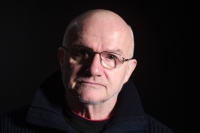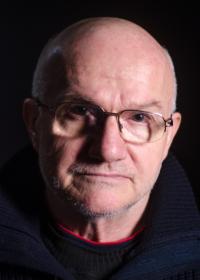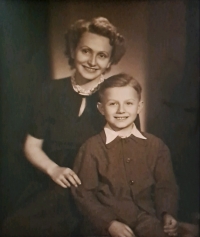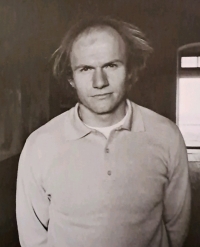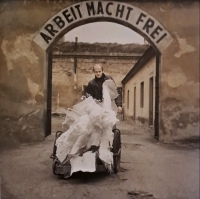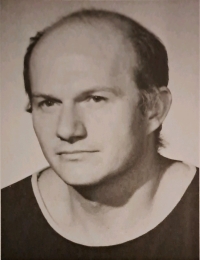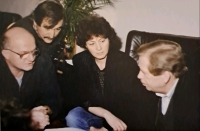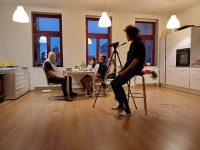I was a loner who had to take care of himself

Download image
Jiří Sozanský was born on 27 June 1946; he grew up in the centre of Prague, raised only by his mother. Because she was hard put to earn a living for them, he practically lived on the street. He trained as a bricklayer. When he was twelve he took an interest in art - he attended a drawing course, and so in 1967, although just a worker without secondary-school education, he was accepted to the Academy of Fine Arts. While studying there he experienced disillusionment from the August 1968 occupation, and he began taking an interest in the political and social situation. His art focused on showing human suffering, he worked and exhibited in Terezín. He slowly came into conflict with the Communist regime. He refused commissions with Socialist themes. On the contrary, he mapped the devastation caused to the Most District by brown-coal strip-mining. He openly criticised the Union of Fine Artists, which mostly only grouped members of the Communist Party of Czechoslovakia. He was interrogated by State Security on several occasions. Because he refused to collaborate with the Communists, he struggled with financial difficulties throughout the period of their totalitarian rule and his work was practically unknown to the public.
